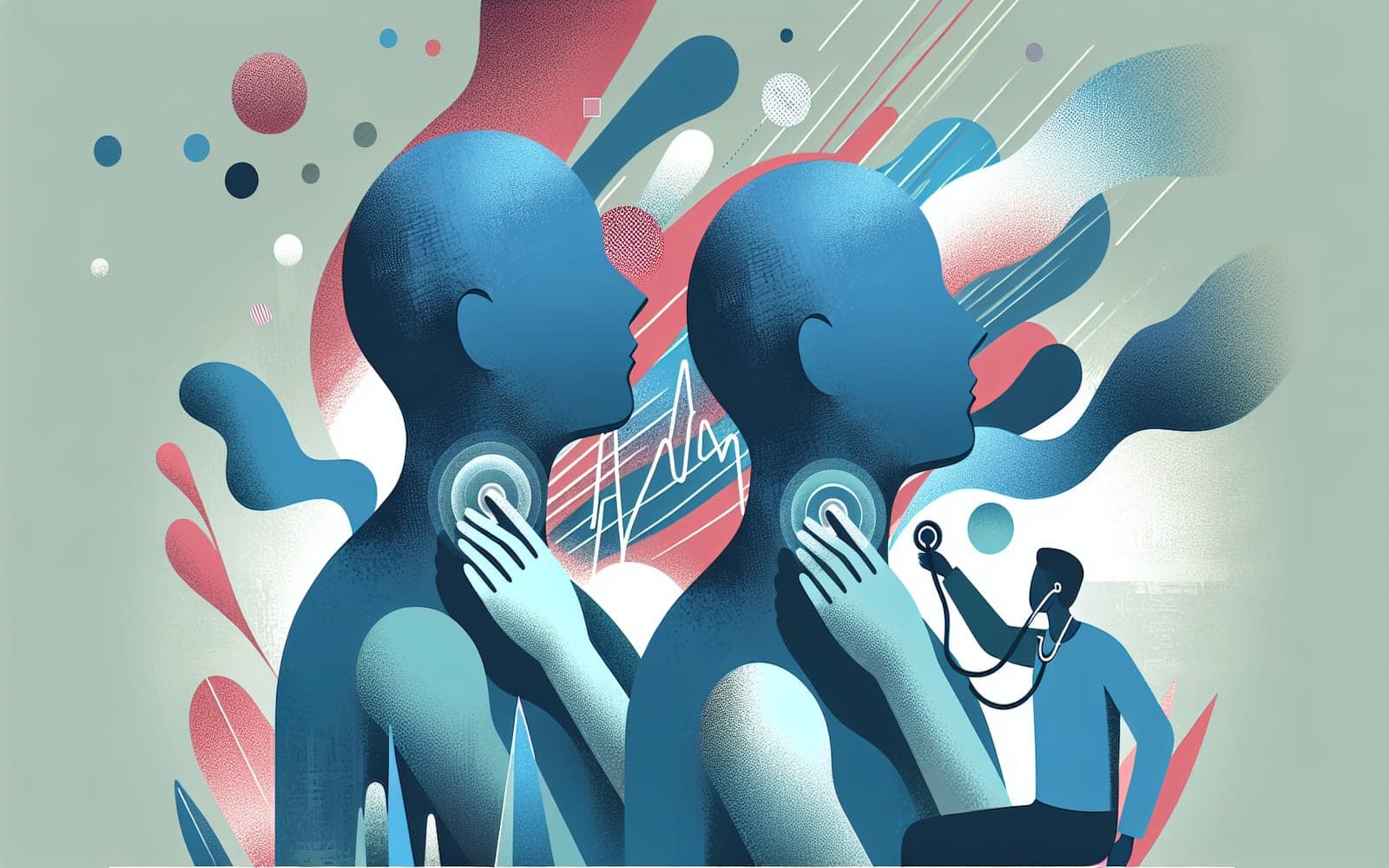Hiccups: More Than Just an Annoyance?
Published: Sep 18, 2024
While hiccups are generally harmless, persistent hiccups can indicate underlying health issues. Let's delve into when hiccups become a symptom of something more.
Contents
When Hiccups Persist
Hiccups that last beyond 48 hours are considered persistent and might need medical evaluation. These prolonged hiccups can interfere with daily activities like eating and sleeping, and in some cases, can cause weight loss or dehydration. They might also be a symptom of more serious health conditions, requiring attention.
Potential Health Impacts
Persistent hiccups can significantly reduce quality of life by causing interruptions in daily routines, exacerbating pain, and leading to mental stress. In severe cases, they can contribute to malnutrition or dehydration. Understanding the impact of prolonged hiccups is crucial for effective management and treatment.

When to Seek Help
If hiccups are interfering with your daily life, it's important to consult a healthcare provider. Determining the cause is essential, as it can range from simple nerve irritation to more complex conditions such as infections or neurological disorders.
Frequently Asked Questions
If they last more than 48 hours, seek medical advice.
Yes, persistent hiccups can lead to malnutrition or dehydration.
Not all, but they should be evaluated by a doctor.
Yes, stress can trigger hiccups.
Key Takeaways
Persistent hiccups deserve attention as they may signal underlying health issues.
Concerned about your hiccups? Talk to Doctronic for more insights!Related Articles
References
Smith HS, Busracamwongs A. Management of hiccups in the palliative care population. Am J Hosp Palliat Care 2003; 20:149.
Jeon YS, Kearney AM, Baker PG. Management of hiccups in palliative care patients. BMJ Support Palliat Care 2018; 8:1.
Always discuss health information with your healthcare provider.

